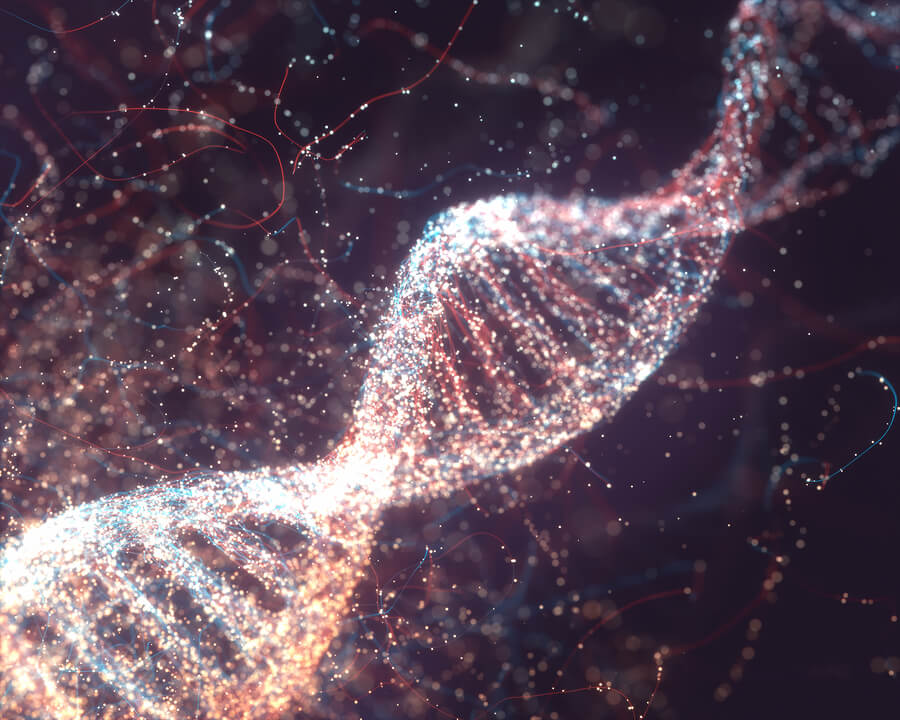
Does Alcohol Cause Cancer? – Researchers have known for some time that the consumption of alcohol increases a person’s risk of at least seven types of cancer. These types include cancer of the mouth, pharynx, larynx, esophagus, breast, liver, and bowel.
How Does Alcohol Cause Cancer?
Although this link has been well-established, precisely how alcohol serves to cause cancer is not entirely clear, and most experts believe that several mechanisms may play a role. Most previous research has only studied cells in the lab, analyzing changes in them that occur following alcohol exposure.
Recently, however, researchers from the MRC Laboratory of Molecular Biology in Cambridge, UK, sought to attain a better understanding of the alcohol-cancer connection in animals.
Blood Stem Cells and Acetaldehyde
As alcohol is metabolized in the gut, bacteria transform it into acetaldehyde, which is a toxic chemical that has been clinically shown to cause cancer in lab animals. For the study, researchers fed diluted ethanol (alcohol) to mice and then employed chromosome analysis and DNA sequencing, two processes that help to determine the damage produced by acetaldehyde.
Blood stem cells, located in bone marrow and the blood, are young blood cells that can mature into any form of blood cell, including white and red blood cells and platelets. It is vital to understand how alcohol use harms these cells, as damaged stem cells have been shown to cause cancer.
Following an investigation, researchers revealed that acetaldehyde could indeed damage DNA within blood stem cells. Chromosomes were rearranged, and the DNA sequence was irreversibly altered in stem cells.
Defense Mechanisms
In addition to new findings into the destruction that ethanol wreaks on stem cells, the scientists discovered further insight into the protection mechanisms used by our bodies in reaction to alcohol exposure. Enzymes known as aldehyde dehydrogenases (ALDHs) constitute the body’s first line of defense against damage related to alcohol use. ALDHs break down alcohol into acetate, which our cells can then use as an energy source.
Millions of people have low levels of ALDH or defective copies of these enzymes. For these individuals, toxic acetaldehyde builds up in the body, and they will experience flushing and feel unwell. When researchers examined mice without ALDH, they discovered that alcohol exposure caused four times as much harm to DNA compared to mice that produced ALDH.
The body has a variety of other mechanisms that can help to fix DNA damage, but these mechanisms don’t always work, and some people have mutations that make them less effective. Moreover, if a person is not able to process alcohol efficiently, this can result in an even greater risk of DNA damage and, consequently, the development of some types of cancers.

Cancers Caused By Alcohol Use
Liver, throat, and esophageal cancer have the most significant association with chronic or excessive alcohol use, but other cancers have been identified in studies as well. What’s more, tobacco use in conjunction with alcohol significantly increases the risk of some cancers, especially those that affect the upper digestive tract.
Overall it’s believed that alcohol is the cause of about 3.5% of cancers in the U.S. Considering that half of all men and 1 in 3 women are expected to develop cancer in their lifetime, that’s not an insignificant statistic.
Liver Cancer
The link between liver cancer and alcohol use is exceedingly well-established. Chronic, excessive drinking is a principal risk factor for cirrhosis, a condition characterized by liver scarring and inflammation. Over time, drinking causes healthy tissue to be gradually replaced by scar tissue, impairing the liver’s ability to function correctly. Having cirrhosis significantly increases a person’s risk of developing liver cancer.
Breast Cancer
Women may be surprised to learn that even a few drinks a week may increase their risk of developing breast cancer because alcohol influences estrogen levels by altering the way the body breaks it down. Estrogen levels are unquestionably linked to breast cancer, and the risk increases with the amount of alcohol that is consumed. Women who drink moderately to excessively on a routine basis face the highest risk.
Oral Cancer
Those who drink alcohol are several times more likely to develop oral cancer than those who do not. Research finds that more than 75% of people suffering from oral cancer are drinkers. Also, those who drink and smoke face an even higher risk.
Between 80-95 percent of alcoholics smoke cigarettes, a rate three times higher than among the general population. In fact, research suggests that approximately 70% of alcoholics are also heavy smokers (smoking more than one pack of cigarettes per day), compared with just 10% of the general population.
According to the National Institute on Alcohol Abuse and Addiction, research supports that common belief that “smokers drink and drinkers smoke” and that the heaviest alcohol users are also the biggest consumers of tobacco.
Throat Cancer
Throat cancer develops in the pharynx and other nearby tissue. Research reveals that the long-term use of alcohol is linked to throat cancer development, but when used in conjunction with tobacco, the risk of developing this disease increases dramatically.
Laryngeal Cancer
Laryngeal cancer affects the larynx (voice box) which is an organ that plays a crucial role in breathing and communication. It includes the vocal cords, which produce the sound we need to speak. Although tobacco use is the main risk factor for the development of laryngeal cancer, alcohol, in combination with tobacco, significantly increases the risk.
Esophageal Cancer
Esophageal cancer develops in the long tube that connects the mouth to the stomach – the esophagus. It is believed that about 75% of esophageal cancer cases are linked to chronic alcohol use. The type of cancer most people who drink heavily develop in this organ is usually squamous cell carcinoma, in contrast to adenocarcinoma, which more often occurs in response to chronic acid reflux.
Colon and Rectal Cancer
Several studies have found a relationship between colon cancer and excessive, chronic alcohol use. According to the American Cancer Society, men who drink generally have a higher risk than women, but both sexes are at an increased risk when compared to non-drinkers.
Alcoholism, Weight Gain, and Immunity
Other unfortunate side effects of heavy drinking may include weight gain, reduced physical activity, and a poor diet. Excessive alcohol consumption may decrease the body’s ability to process and absorb nutrients, including Vitamins A, C, D, and E, as well as folate and carotenoids. All of these factors may contribute to a person’s risk of developing any number of cancers throughout the body.
Finally, excess alcohol consumption may lead to immune deficiency, causing an increased susceptibility to disease in general.
Treatment for Alcoholism

If you are an excessive drinker, you can significantly reduce your risk of developing certain types of cancer by avoiding alcohol or reducing consumption. If you have tried to quit drinking or cut back more than once and failed or relapsed, it is probably time to seek professional help.
Midwood Addiction Treatment employs a comprehensive approach to addiction treatment that includes evidence-based services vital to the recovery process. Treatments such as psychotherapy, counseling, and group support are provided to patients by caring, highly-skilled addiction specialists.
If you are suffering from an addiction to drugs or alcohol, please call us as soon as possible. Discover how we can help you reclaim your life and experience long-lasting wellness and sobriety!